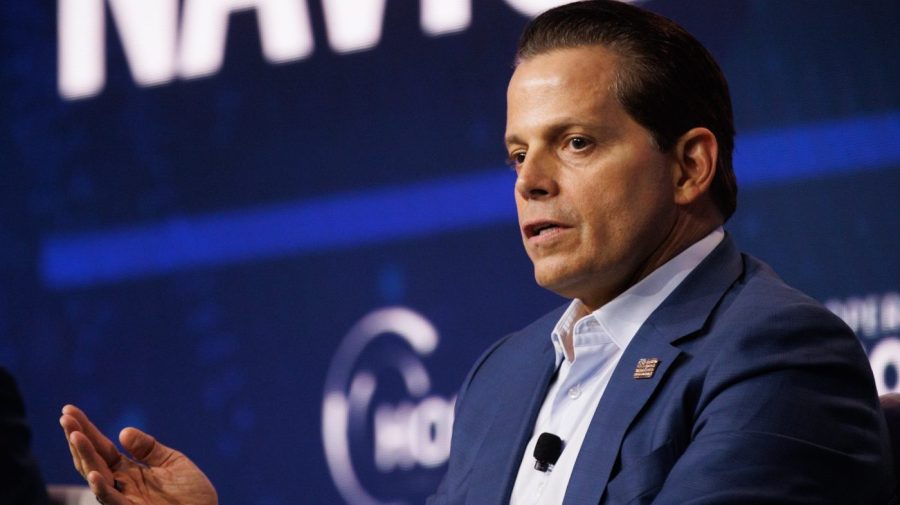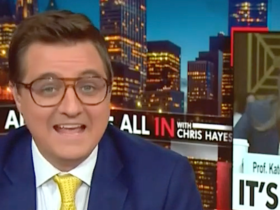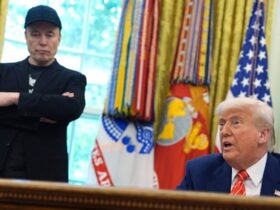Former White House communications director Anthony Scaramucci described President Trump’s massive tax and spending bill as a “potential cataclysm” for the bond market.
“The bond market does not like the spending bill,” Scaramucci, a hedge fund founder and former Goldman Sachs banker, said in a Tuesday interview with CNN’s Anderson Cooper.
“There’s a freight train coming in the bond market,” he added. “And if you see rates back up 100, 150 basis points, it’d be terrible for the economy, terrible for housing.”
Scaramucci noted that small businesses are very connected to housing, noting, “That‘s where all the job growth is.”
“So, that bill could be a potential cataclysm out there, and I think the bond market is telling people that,” he added.
Bond markets have gotten jittery in recent months in response both to Trump’s trade war and to the domestic agenda bill, which passed the House but could still get substantial revisions in the Senate, where conflicting interests are at play.
The yield on the 30-year Treasury broke 5.1 percent last week and was trading Wednesday at 4.88 percent. Since earlier this year, bonds have been trading in the highest range since about 2007.
JPMorgan Chase CEO Jamie Dimon recently said he sees a “tough time” ahead for the bond market as the GOP works to pass its agenda, and he said he thinks the national debt levels are “a big deal.”
According to a new cost estimate from the Congressional Budget Office (CBO), the GOP bill would add $2.4 trillion to the nation’s deficit over roughly the next decade.
The agency estimated the proposed tax cuts in the plan — which seek to lock in expiring provisions in Trump signature 2017 tax law, along with a host of other provisions — would decrease revenues by more than $3.6 trillion over that time frame.
Meanwhile, accompanying measures to cut federal spending, including reforms to Medicaid and the Supplemental Nutrition Assistance Program, would reduce outlays by $1.2 trillion over the same period, the CBO estimated.
















Leave a Reply